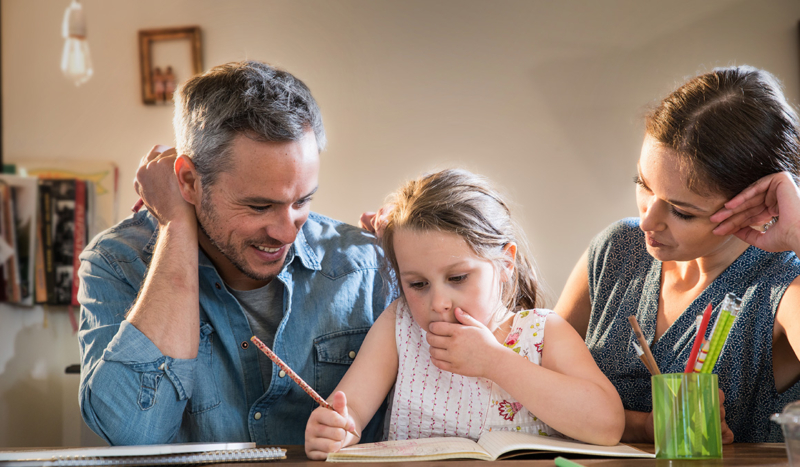
Adobe Stock
CV NEWS FEED // The decision to ban Catholic homeschool groups from meeting on Diocese of San Diego, California, parish grounds for schooling wasn’t preceded with any dialogue between the entities, according to a local homeschooling group’s spokesperson.
CatholicVote reported on September 25 that the Diocese issued a policy in a September 1 diocesan handbook that states: “The use of parish facilities by charter schools, home school programs, or private school programs is prohibited, both because such usage can undermine the stability of nearby Catholic schools and lead people to think that the Church is approving and advancing particular alternative schools and programs.”
Sara Harold, a spokesperson for the Catholic Homeschoolers of San Diego, told CatholicVote over email that she hopes that when the Diocese’s bishop, Cardinal Robert McElroy, returns from the Synod on Synodality taking place this month in Rome, he will “reach out to speak with homeschool ministries.”
Harold explained that in light of the new policy, responses from various homeschool groups in the Diocese have been mixed – as have the responses from their pastors.
One pastor sought to further discuss the matter with Cardinal McElory, but found that the conversation would have to be held after the Cardinal returned from the Synod, according to Harold. The pastor requested permission for the homeschool co-op to meet in the meantime, which the Cardinal granted.
Harold pointed out the irony of the Cardinal attending the Synod on Synodality, where “all the soundbytes coming out …are about listening, community, togetherness, shared mission, empowering the laity to find their place in the church.”
“This situation exposes how hollow all those soundbytes really are,” she remarked.
The diocesan homeschool policy issue “is such a clear example of a case where a small bit of ‘listening’ would go a long way,” Harold added. She posited that it may be possible that the Cardinal “might not even know what he has forbidden, and if it could be explained to him he might change the policy,” but as of October 2, there has been no indication that he is open to dialogue with homeschoolers.
“After the initial announcement of the policy was met with opposition, he doubled down on it without any indication that he intends to meet with or speak to any homeschoolers who are affected by the ban,” Harold wrote.
The Cardinal’s statement in reference also in part addresses the diocesan stance on faith formation of children: “For Catholic children who do not attend Catholic schools, the parish should provide an integrated faith formation program which is normative for sacramental preparation in the parish.”
The Cardinal’s statement did reaffirm that parents are the primary educators of their children, and that the Diocese supports parents’ decision to homeschool if they so choose.
“At the same time this support does not include a right for basing integral elements of home-schooling programs in parish settings,” the Cardinal’s statement reads. “Home schooling is not inherently a ministry of the parish.”
Harold commented, “It makes no sense to me that Catholic people doing Catholic things should be barred from a Catholic space.”
Harold shared that while some homeschoolers’ approach to the policy at this point has been to lie low, some others, including herself, believe the policy is “fundamentally unjust” and must be “vigorously and publicly opposed.”
Otherwise, she fears, “there is a risk that such a policy might spread if another bishop who dislikes homeschooling sees that restrictions were quietly accepted in San Diego.”
Additionally, Harold explained that she “[does not] like the idea of trying to hide the good and legitimate work of the church, by sneaking around to avoid attention.”
Harold quoted the third chapter of the Gospel of John: “Whoever lives the truth comes to the light, so that his works may be clearly seen as done in God.”
Harold noted that the Church teaches that in some instances, lay people also have an obligation to share their opinion with pastors regarding “matters which pertain to the good of the Church,” according to Canon Law and the Catechism of the Catholic Church.
Paragraph 907 of the Catechism quotes Canon Law, stating:
[lay people] have the right and even at times a duty to manifest to the sacred pastors their opinion on matters which pertain to the good of the Church, and they have a right to make their opinion known to the other Christian faithful, with due regard to the integrity of faith and morals and reverence toward their pastors, and with consideration for the common good and the dignity of persons.
The Diocese did not respond to CatholicVote’s requests for comment over the phone and email.

